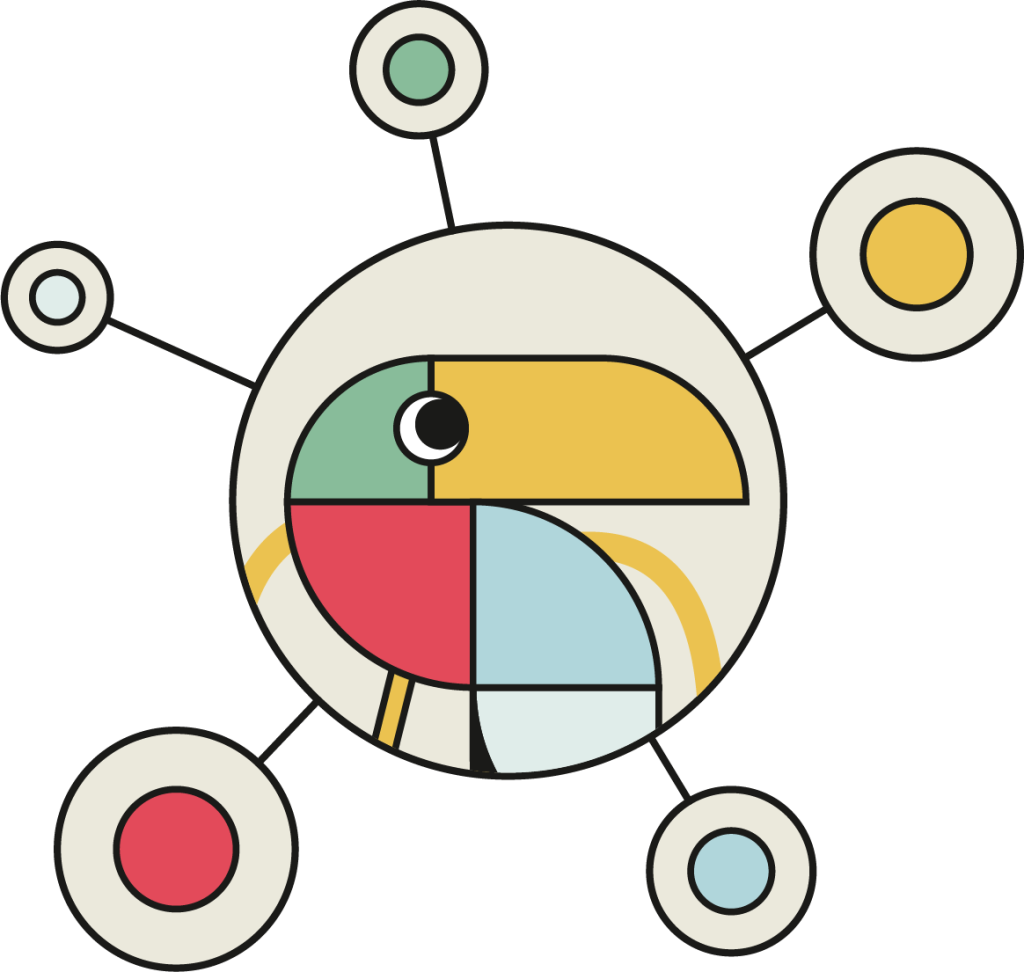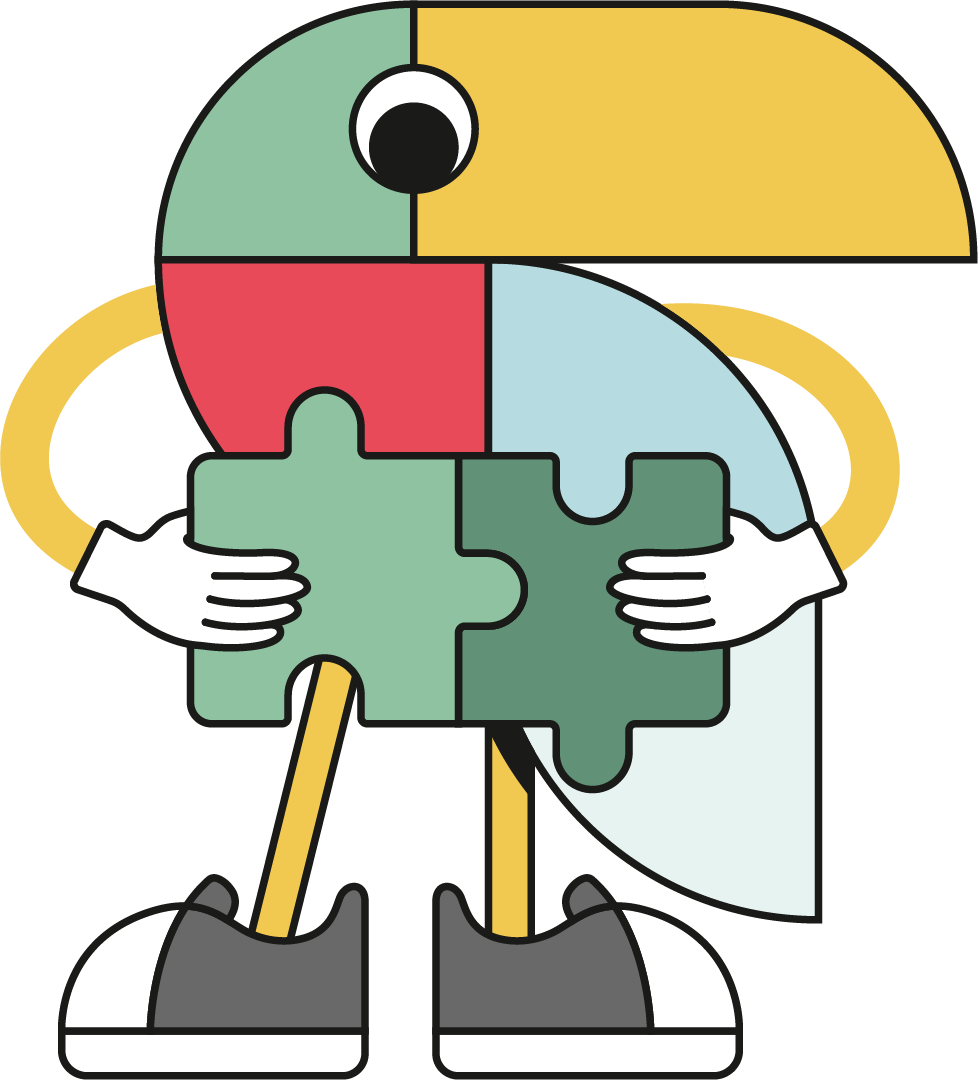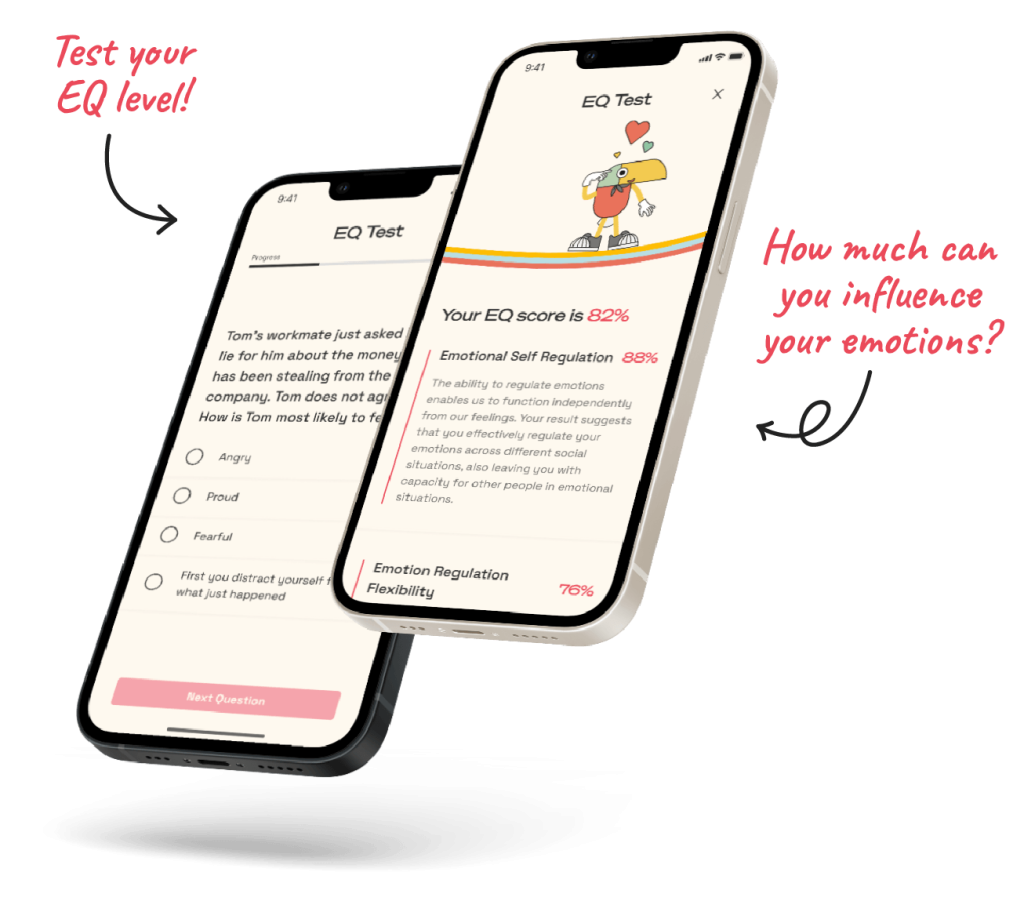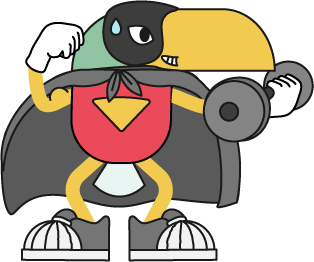Ever been in a situation you wish you had handled differently?
Take control today and understand yourself better.
We have created a test where we help you understand how we understand, recognize, and regulate our own and other people’s emotions.
Also known as Emotional Intelligence (EQ).

A genius? Let’s find out.

Emotions influence how we live and interact with each other. The choices we make, the actions we take, and the perceptions we have, are all influenced by the emotions we experience at any given moment.
Ever wondered what your Emotional Intelligence is?

As future leaders, we must recognize, understand and regulate our emotions to empower how we feel at work and assist in effective teamwork, leadership and building lasting relationships.
Emotional intelligence translates = healthy personal development & organisational success.

...86% of employees believe empathetic leadership boosts morale, while 87% of employees say empathy is essential to fostering an inclusive environment."
Ernst and Young Survey, 2023
...86% of employees believe empathetic leadership boosts morale, while 87% of employees say empathy is essential to fostering an inclusive environment."
Ernst and Young Survey, 2023

How we notice, label, and understand what we are feeling in the moment and using this knowledge to guide one’s decision making.
The ability to sensing others’ emotions and perspective, which is necessary for being compassionate, and taking an active interest in their concerns.
Ability to recognise and understand the emotions and their origin, which is the first step in supporting others in emotional situations.

Refers to how we handle our emotions in the way that does not interfere with the task but helps in recovery from emotional distress.
Leading and persuading, settling disputes, and negotiating, and partially depends on the prior facets, as recognizing the wrong emotion can lead to inappropriate reactions

How? With something called Emotion regulation flexibility.
In simpler words, how flexibly you can adapt your emotional response to different situations. These strategies are:



